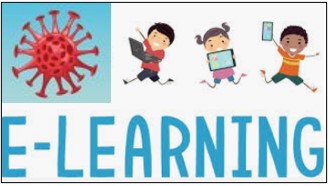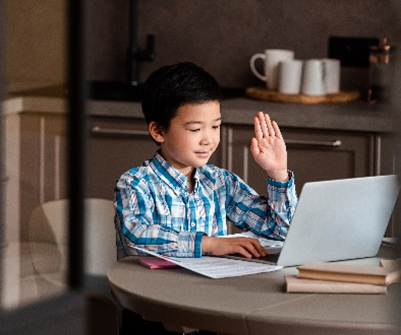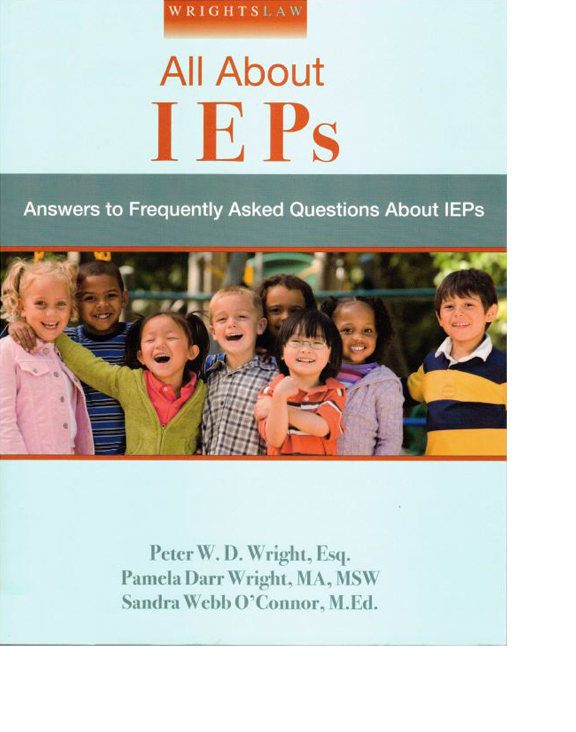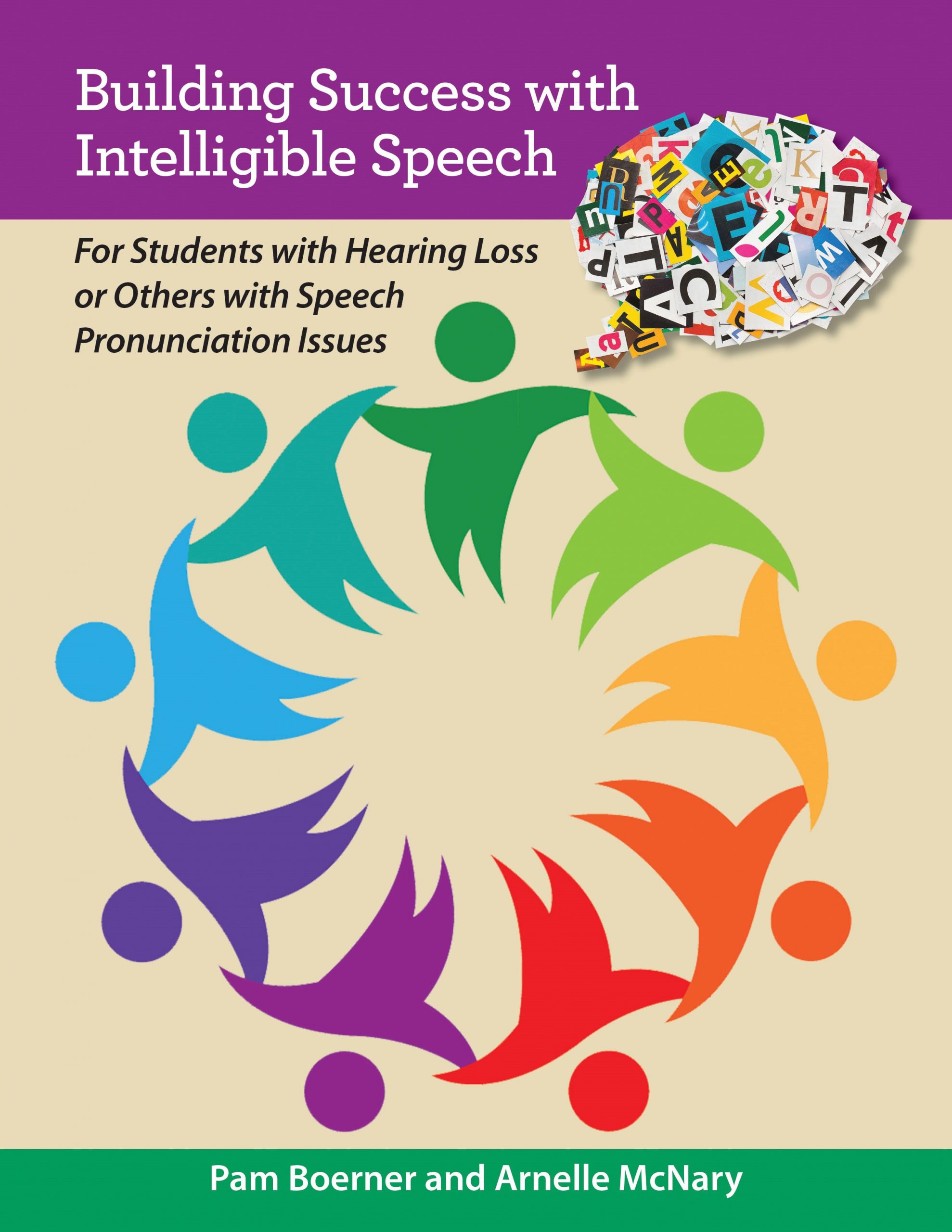Related Products
Building Success with Intelligible Speech – Intro (4 Minutes) Building...
For Professionals
- Amplification
- Assessment of Student Skills, Challenges, Needs
- Early Childhood: Infants, Toddlers, Preschool
- Hearing Loss – Identification, Impact and Next Steps
- IDEA Law Summary Information
- Language and Speech Development Issues
- Legal Issues in Serving Children with Hearing Loss
- Listening (Auditory Skills) Development
- Planning to Meet Student Needs
- Self-Advocacy Skills for Students with Hearing Loss
- Self-Concept: How the Child with Hearing Loss Sees Himself
- Social Skills
- Speech Perception & Learning
Related Teacher Tools Takeout Items
No products found
E-Learning Survey Results

E-Learning Survey Results for Students who are Deaf or Hard of Hearing
Survey for Teachers of the Deaf/Hard of Hearing – 629 responses
Survey for Students with Hearing Loss grades 5-12 – 267 responses

Survey for Teachers of the Deaf/Hard of Hearing
See: Charts displaying information about the respondents, their caseloads, & access
Open-Ended Survey Questions for Teachers of the Deaf/Hard of Hearing
- Have you seen academic or linguistic setbacks for your students during this time?
- Yes, reduced verbal language output. Families are not always consistently using FM system or even putting hearing aid on thus speech has become “slushy”.
- Yes, my younger students especially. And some parents are just trying to survive economically and cannot devote much focus/time on their child’s education.
- Have you seen any positive impacts for students, their family members, or their teachers during this crisis time?
- Yes! Parents are much more engaged and invested in the learning process and what their child is doing.
- One teacher who was notorious for ignoring me, has included me more than the entire school year.
- We are forced to communicate more with families. Our DHH team is connecting at least weekly and working together. We created a social group for students to connect with each other virtually. We are also connecting with DHH educators from around the entire state.
- Do you feel you have been able to meet your student’s needs during this time?
- The majority of them, yes, but some parents or student are not attending scheduled sessions, and sometimes will not respond to emails/texts/phone calls. And it is often extremely difficult to keep young children engaged over zoom.
- I feel like my signing Deaf students have done better than my non-signing, HOH kids in the mainstream. Teachers have been combining sections into zoom classes of 50-60 kids and it is a nightmare for a HOH student to follow that kind of discussion if the teacher doesn’t have good classroom management in their virtual room.
- Please list some resources you have found to be helpful to you in transitioning to providing online or remote education services.
- Our technology department has done great trainings on topics such as Zoom, Screencastify, Google Hangouts, Google Meet, Google Slides for lessons. Our department of education has weekly live sessions for topics and collaboration.
- I use zoom for live sessions and Loom for recorded video lessons. I use Avepm.com, Teachyourmonstertoread.com, signschool.com and Epic.com as virtual app platforms to track progress on some students.
- What resources or materials would you have liked to have had available as you transitioned to providing online or remote education services (resources or materials you have not yet found)?
- Deaf education materials tied to a story. I find that if I can read a story and work my goals off of the story, I engage my younger ones better remotely.
- A “how to” guide on how to most effectively work with children with hearing loss virtually.
- What skills, tools, consultation, or service delivery techniques have you learned during COVID-19 teaching that you will continue to use in the future with your students?
See data from 481 responses | PDF
- I hope to continue using technology more during sessions to familiarize my students with it in case something like this ever happens again. I’ve used class apps before for announcements and such, but hardly any of my families would join. I hope that changes in the future.
- I love the virtual zoom meetings…. I think our TOD team will be continuing to use these into the future. We are all spread out all over the place, so it has been so nice to actually SEE them on a weekly basis.
- Is there anything else you would like to share about your experiences teaching students with hearing loss during COVID-19?
See data from 371 responses | PDF
- It is so much more exhausting to sit in front of a computer all day than to work with kids in person. I love my hands on game materials… but even when school opens I might not be able to use my materials as they could be germ spreaders.
- Being that I am also hard of hearing, the stress and anxiety has compounded 1000x with anything to do with providing remote learning.
- I hope that the highest powers in education recognize the need for ALL Media to be captioned ALL THE TIME- all published media and all media created by teachers regardless if they have a child with hearing loss in their classroom. A one size fits all policy- everything must be captioned, period. We have parents that have hearing loss with children who do not have hearing loss. Parents are struggling to access the materials to support their children. It’s not equitable at all and as an Itinerant, nobody cares what I say or what the IEP says.

Survey for Students who are Deaf/Hard of Hearing (grades 5-12)
See: Charts displaying student responses about access and understanding during online learning
Open-Ended Survey Questions for Students who are Deaf/Hard of Hearing
- What I liked best about the experience of learning online:
See data from 264 responses | PDF
- It is more self paced and the work is easier.
- Not being exhausted every day from the noisy chaos in school.
- I can communicate with others in a cool way. I’m learning different techniques of meeting online.
- What I disliked the most about the experience of learning online:
See data from 264 responses | PDF
- If there too many people in the group then things start to get lagging.
- Being more left out and alone than in school.
- Some students’ microphone are harder to hear than others. Sometimes, the captions are not correct and accurate.
- I think online learning would work better for me if:
See data from 260 responses | PDF
- Everything was captioned, regular teachers would remember that I can’t keep up or hear everything and I can’t hear when I can’t see them. Maybe with more training they could get the hang of it.
- someone would sit down and teach it to me and show me slowly step by step and by not having a flood of work
- I like it better. I’m afraid to go back to school if we have to wear masks because I won’t be able to speech read. Even if my teachers wear masks where I can see their faces, I won’t be able to see my peers faces. It will be terrible.




